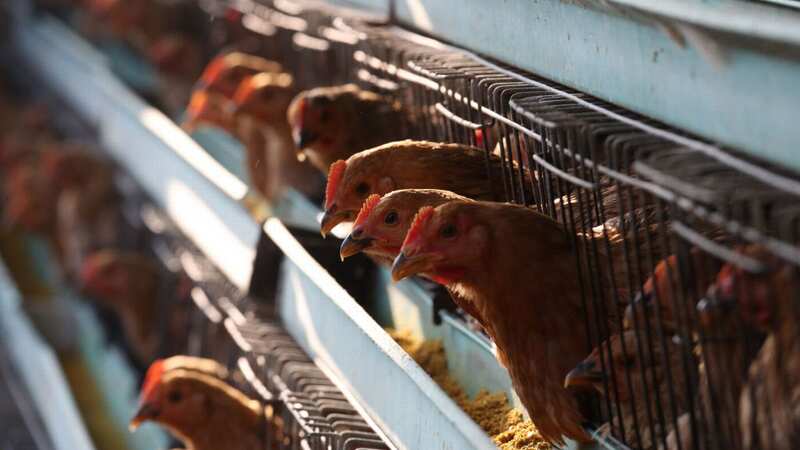Boy, 9, dies and brother, 16, infected with strain of bird flu detected in UK

A young boy has died of bird flu as doctors found his older brother also tested positive for the virus.
Also known as avian influenza, it occasionally jumps to humans, especially to those in close contact with poultry and has a frightening death rate which can rise as high as 50 per cent. Last week a young boy, nine, died in the northeastern province of Kratie of Cambodia, according to the country’s health ministry.
Now the boy’s older brother, 16, has also been found to be infected. Four deaths from bird flu were reported in Cambodia last year where many people still prefer to buy live chickens at markets with many backyard farms still common.
In a statement, Cambodia's Health Ministry said the 16-year old brother tested positive for the virus on Sunday but exhibited no symptoms. The boy was undergoing medical treatment, and officials are investigating who had contact with the brothers and how and where they contracted the virus. It added the boy who died last week fell ill with fever, shortness of breath, coughing and fainting after eating a meal his parents had cooked from chicken and ducks they raised.
The WHO and the U.N.'s Food and Agriculture Organization have raised fears Lunar New Year festivities celebrated in much of Asia poses a risk of spreading the virus. Last year it was reported a woman died after contracting H5N6 – a rare form of bird flu – following a visit to a live poultry market in Sichuan, Hong Kong. The 33-year-old first developed symptoms on October 22 and was quickly taken to hospital but she died on November 14.
 Mum's heartbreak as 'best pal' daughter dies days after 'boozy birthday lunch'
Mum's heartbreak as 'best pal' daughter dies days after 'boozy birthday lunch'
H5N6 was first detected in people in 2014, and since then, 88 cases of the strain have been recorded, all but two in , in the last 10 years. In its latest update on the disease, the World Health Organisation said: “The rise in the number of reported human cases of A(H5N6) infection may reflect the continued circulation of the virus in birds, and enhanced surveillance system and diagnostic capacity as a direct outcome of the response to the COVID-19 pandemic.
"The zoonotic threat remains elevated due to the spread of the viruses among birds. Whenever avian influenza viruses are circulating in poultry, there is a risk for sporadic infection and small clusters of human cases due to exposure to infected poultry or contaminated environments. Therefore, sporadic human cases are not unexpected.”
Read more similar news:
Comments:
comments powered by Disqus

































